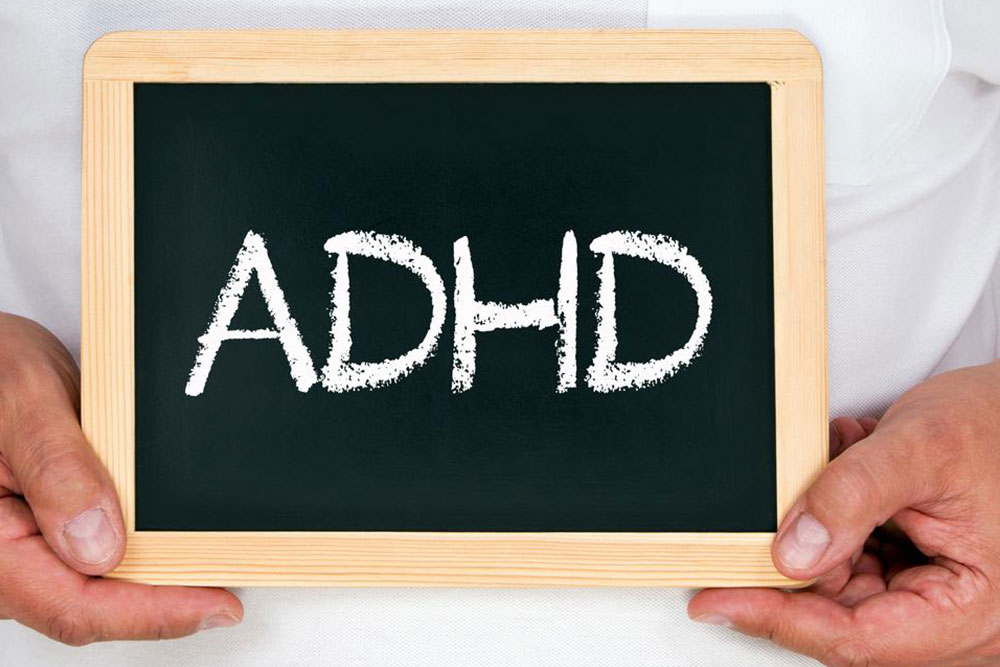Adult Attention Deficit Hyperactivity Disorder: Recognizing Symptoms and Effective Management
Adult ADHD affects many adults displaying symptoms like inattentiveness, impulsivity, and hyperactivity. Common challenges include difficulties at work, in relationships, and managing emotions. Treatment options such as medication, therapy, and mindfulness can help manage symptoms effectively. Recognizing these signs early and seeking appropriate intervention can improve quality of life for adults with ADHD.

Adult Attention Deficit Hyperactivity Disorder: Recognizing Symptoms and Effective Management
While many believe ADHD is only a childhood condition, research shows that about 60% of affected children continue to experience issues into adulthood, such as impulsivity and hyperactivity. In the U.S., roughly 5% of young adults, regardless of gender, are diagnosed with ADHD. Some adults discover they have the disorder later in life, as symptoms were overlooked earlier. These traits often emerge early and persist over time.
Typical signs in adults include difficulty remembering details, following guidelines, completing tasks, maintaining focus, managing time, and adhering to traffic regulations.
Challenges for adults with ADHD frequently involve work and personal relationships. Despite these hurdles, many adapt by utilizing their strengths. Common struggles include:
• Depression
• Memory lapses
• Boredom
• Anger management issues
• Low self-esteem
• Impulsiveness
• Rapid mood shifts
• Procrastination
• Relationship conflicts
• Substance use risks
• Frustration tolerance
• Tardiness
Since symptoms vary, so do the difficulties faced. Students and college students might underperform or repeat grades due to attention problems. Anger and frustration may cause disciplinary actions or dropout in some cases.
Treatment approaches for adult ADHD include medication, therapy, and skill development. Common medications involve stimulants like amphetamine and methylphenidate, which boost neurotransmitter levels in the brain. Non-stimulant options, such as atomoxetine and antidepressants like Wellbutrin, are also used.
Psychotherapy helps adults improve organization, time management, problem-solving, impulsivity control, and relationship skills. It also boosts self-esteem and manages anger. Mindfulness meditation has also demonstrated benefits in increasing concentration and emotional stability.


